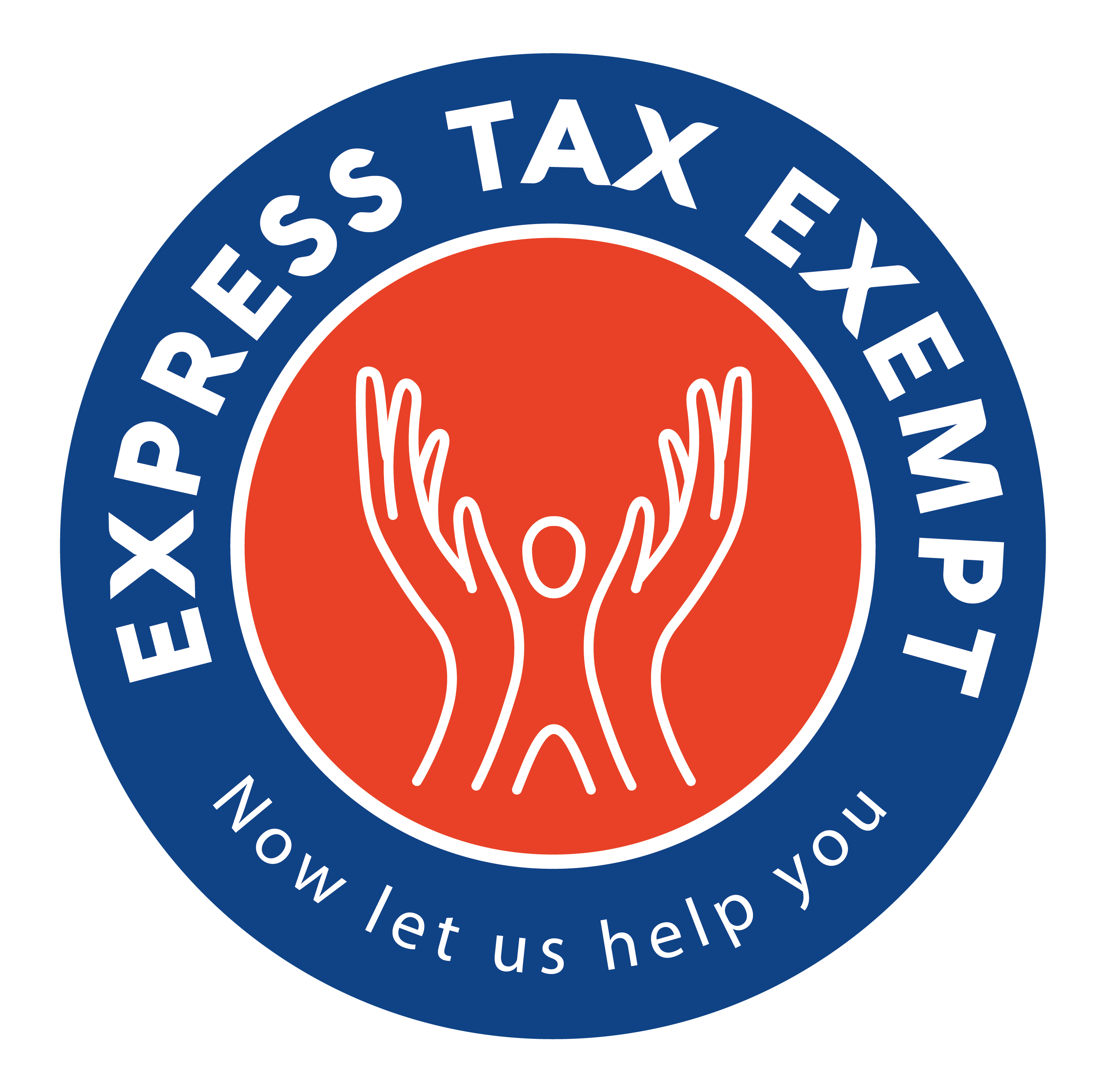Tax-Exempt Qualifications
- Literary
- Scientific
- Religious
- Charitable
- Educational
- Public safety testing
- Promotion of the arts
- Prevention of cruelty to children or animals
- The supporting of national or international competitive sports for amateurs
With each of these tax-exempt purposes, there follows a core of legal meaning that explains what each category means. Based on the regulation of the Treasury, for instance, the word “charitable” can be defined as the:
- Growth of religion
- Advancement of social welfare
- Growth of education and science
- Reduction of governmental burden
- Aid of the poor, distressed, or underprivileged
- Construction or preservation of public buildings, monuments, or works
Each purpose is specifically explained as such; so if you have a new or original idea for your corporation, it’s best to double-check and make sure it can be categorized under at least one of the tax-exempt purposes.
Another qualification for tax-exempt status is that your organization must assist an adequately large and broad charitable class. As the saying goes, “charity ends where certainty begins,” which is why fundraising for a specific person, a tech company, or even donating all of your profits to a Section 501(c)(3) organization, doesn’t qualify your organization for tax-exempt status.
One more quick rule when qualifying for tax-exempt status is that it’s not about the proceeds, but what activities your organization is doing, and if those activities can be classified under any of the tax-exempt purposes.
For more information about gaining exemption status, check out the following blogs:
Non-Profit vs. Tax-Exempt Organizations
Becoming a Nonprofit or Tax-Exempt Organization
Once your organization becomes tax-exempt, you can preserve your status by e-filing your yearly, required tax returns with Express990. We support service for Form 990, Form 990-EZ, Form 990-N (e-Postcard), and Extension Form 8868. Failure to file for three consecutive years will result in the loss of your exemption status. We work closely with the IRS to provide you a safe and secure e-filing experience that will save you time and money.
For any assistance with e-filing our available 990 forms, you can contact our live professionals by phone (704-839-2321, Monday through Friday from 9 a.m. to 6 p.m., Eastern Standard Time), by email ([email protected]), or by live chat (www.expresstaxexempt.com).



